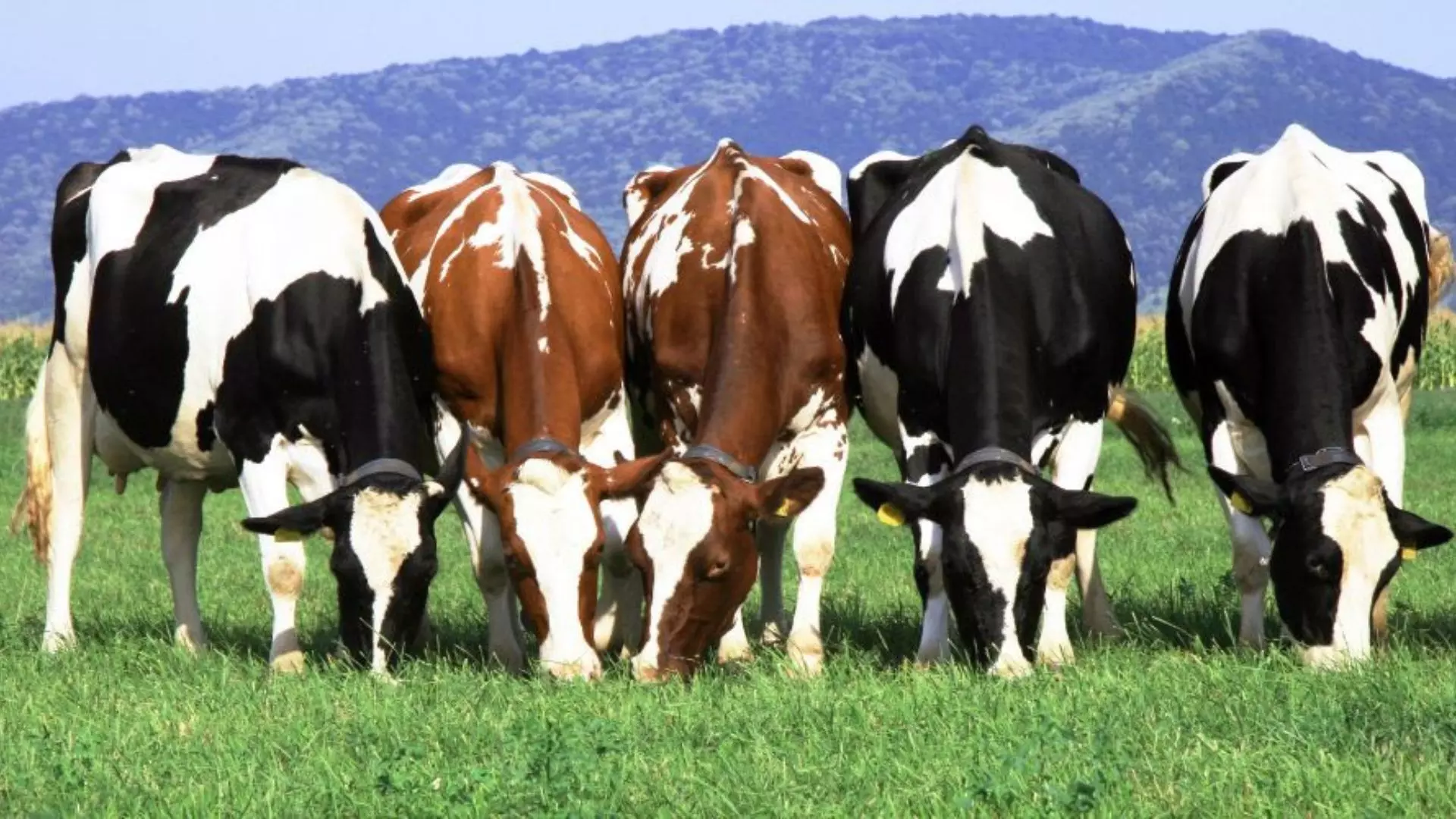Challenges faced by dairy farmers during the rainy season
Rainy season challenges dairy farmers with increased diseases, feed issues, and muddy conditions, impacting productivity and livestock health

1. Increased Disease Risk
o During the monsoon season, dairy animals face twice the risk of exposure to various viruses, bacteria, and infections compared to other seasons.
o The increased moisture in the air creates a conducive environment for harmful microorganisms to flourish, leading to the spread of numerous diseases.
o Waterlogging in dairy farms, caused by poor drainage and leaky sheds, creates unhygienic environment that increases the risk of waterborne diseases, which, along with other weather-related conditions, are linked to diseases such as Foot and Mouth Disease, Haemorrhagic septicemia and Anthrax.
2. Reduced Productivity
o Dairy farming productivity typically decreases by 10-15% due to heavy rains.
o The reduction in productivity typically translates to a loss of 1-3 liters per animal per day.
o Unhygienic conditions causes the flare up of organisms causing mastitis that affect milk production and cause huge economic losses to the dairy industry. At national level, it causes an annual loss of ₹12,000 crores.
3. Feed-Related Issues
o Excessive moisture during the monsoon promotes the growth of moulds in the feed, which, if consumed, can be harmful to the health of the cattle.
o The green fodder available during the monsoon is lush and contains a higher water content. Solely feeding this type of fodder can sometimes result in the cattle voiding watery dung.
o The resulted reduced feed intake and grazing areas aggravates the problems for Livestocks.
4. Preventive Measures for Dairy Farmers During the Rainy Season
o Clean Milk Production Practices
· Thoroughly clean and disinfect cattle sheds regularly.
· Construct scientifically designed dung pits to manage waste effectively.
· Implement and follow scientific milking practices to ensure hygiene.
· Use fogging and disinfection to control ectoparasites, which can carry infectious agents.
o Parasite Control
· Implement comprehensive deworming program before, during, and after monsoon.
· Target common infestations like liver fluke, lungworm, tapeworm, and roundworm.
· Consult with veterinarians for appropriate deworming schedules.
· Godrej Jersey recognizes the importance of deworming and extends its support to farmers in multiple states such as Andhra Pradesh and Tamil Nadu through its veterinary services to ensure the health and productivity of dairy animals.
o Nutrition Management
· Supplement cattle diet with additional nutrients to compensate for reduced grazing.
· Ensure a balanced diet crucial for animal well-being and productivity.
· Provide consistent supply of clean, fresh drinking water to prevent contamination.
· Limit grazing during heavy rainfall and in waterlogged areas to avoid contaminated forage.
· Encourage adequate water intake by ensuring constant availability of clean water.
o Vaccination
· Vaccinate animals before monsoon against infectious diseases.
· Focus on key diseases like Hemorrhagic Septicemia (HS) and Foot and Mouth Disease (FMD).
· Maintain proper vaccination records and follow booster schedules as recommended.
o Shed Management
· Maintain strict cleanliness in animal sheds.
· Regularly remove leftover feed, cow dung, and urine.
· Ensure proper drainage to prevent water stagnation.
· Implement measures to keep the shed dry and well-ventilated.
o Disease Prevention
· Be vigilant for signs of common monsoon-related diseases, especially Mastitis.
· Implement preventive measures against bacterial infections.
· Conduct regular health check-ups during the monsoon season.
· It is important to spread awareness about basic health of cattle.
· Godrej Jersey actively promote farmer awareness programs focused on animal care, providing farmers with the knowledge and tools they need to maintain the health and well-being of their livestock.
o Feeding Practices
· Store feed in dry, elevated areas to prevent spoilage.
· Consider using silage or hay as alternatives to fresh grass during heavy rainfall periods.
· Monitor feed quality regularly and discard any moldy or contaminated feed.
By addressing these challenges and implementing preventive measures, dairy farmers can better manage the risks associated with the rainy season, ensuring the health and productivity of their livestock and maintaining sustainable dairy farming practices.
The article is authored by Bhupendra Suri, CEO, CDPL
